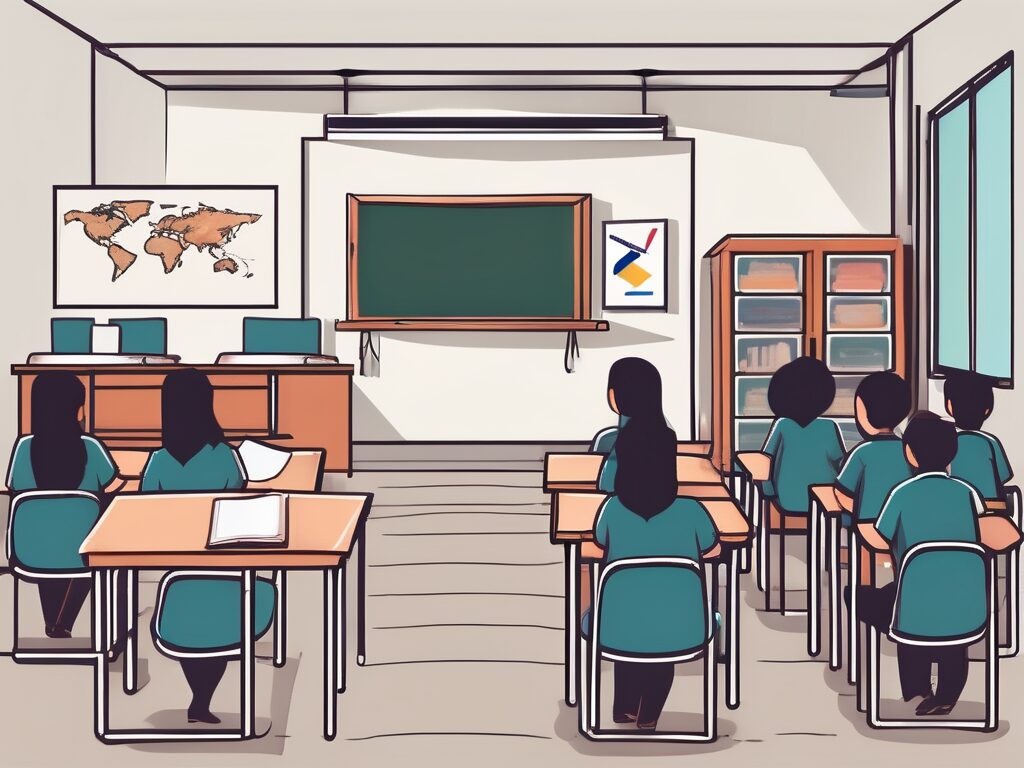The International Postgraduate Certificate in Education (IPGCE) is a globally recognised qualification for teaching, and it’s particularly popular in countries like Malaysia and the Philippines. However, there are several unique challenges that educators face in these regions. In this blog post, we’ll delve into five key issues that teachers with an IPGCE may encounter in Malaysia and the Philippines.
1. Language Barriers
Language is a fundamental aspect of teaching and learning. In Malaysia and the Philippines, English is widely spoken, but it’s not the first language for many students. This can create a significant barrier for teachers trained in English-speaking countries.
Moreover, these countries are linguistically diverse. In Malaysia, for instance, Bahasa Malaysia, Chinese, and Tamil are also spoken, while in the Philippines, there are over 100 regional languages. This diversity can make it challenging for teachers to communicate effectively with all students.
Overcoming Language Barriers
One way to overcome this challenge is by learning the local language. This not only aids communication but also helps in building rapport with students. Additionally, using visual aids, gestures, and simplified English can also help bridge the language gap.
2. Cultural Differences
Understanding and respecting cultural differences is vital in any teaching environment. Malaysia and the Philippines have rich, diverse cultures that may be quite different from what foreign teachers are accustomed to.
For instance, the concept of ‘saving face’ is significant in both countries. Direct criticism or confrontation can cause embarrassment and may not be well-received. Teachers need to be aware of such nuances to maintain a positive learning environment.
Navigating Cultural Differences
Teachers can navigate cultural differences by taking the time to understand and respect the local customs and traditions. Participating in local festivals, learning about the history, and interacting with the community can provide valuable insights into the culture.
3. Educational Infrastructure
The educational infrastructure in Malaysia and the Philippines can vary greatly, especially between urban and rural areas. While urban schools may have modern facilities, rural schools might lack basic amenities like libraries, science labs, or even stable internet connections.
This disparity can affect the quality of education and pose challenges for teachers trying to implement a standard curriculum across different settings.
Adapting to Different Infrastructures
Teachers can adapt to these challenges by being flexible and creative in their teaching methods. For instance, they can use local resources for practical lessons or incorporate online learning tools for students with internet access.
4. Socio-Economic Disparities
Socio-economic disparities can significantly impact education. In both Malaysia and the Philippines, there is a wide gap between the rich and the poor, which can affect students’ access to education and learning resources.
Teachers may find themselves teaching students from diverse socio-economic backgrounds, each with their unique challenges. This can make it difficult to ensure that all students are receiving the same level of education.
Addressing Socio-Economic Disparities
Teachers can address these disparities by being aware of their students’ backgrounds and tailoring their teaching methods accordingly. They can also advocate for equal access to education and resources for all students.
5. Curriculum Differences
Lastly, the curriculum in Malaysia and the Philippines may differ significantly from what teachers trained in western countries are used to. The focus may be more on rote learning and less on critical thinking or problem-solving skills.
This can pose a challenge for teachers who are trained to encourage independent thinking and creativity in the classroom.
Adapting to Different Curriculums
Teachers can adapt to different curriculums by incorporating a variety of teaching methods. They can use interactive activities, group discussions, and project-based learning to encourage critical thinking and creativity.
In conclusion, teaching in Malaysia and the Philippines with an IPGCE can be a rewarding experience, despite the challenges. By understanding and adapting to these issues, teachers can make a significant impact on their students’ lives and education.
Enhance Your Teaching Career with IPGCE
Understanding the unique challenges of teaching in Malaysia and the Philippines is just the beginning. If you’re ready to elevate your teaching credentials, overcome barriers to international school positions, and unlock new career opportunities, the IPGCE is your pathway to success. Join a global network of educators, gain a deeper insight into international curriculums, and balance your professional development with your current commitments through our flexible online study options. Don’t let inadequate qualifications hold you back—embrace the change and witness a significant transformation in your teaching career. Join the UK’s #1 Teacher Training Course today and be part of the success story.

